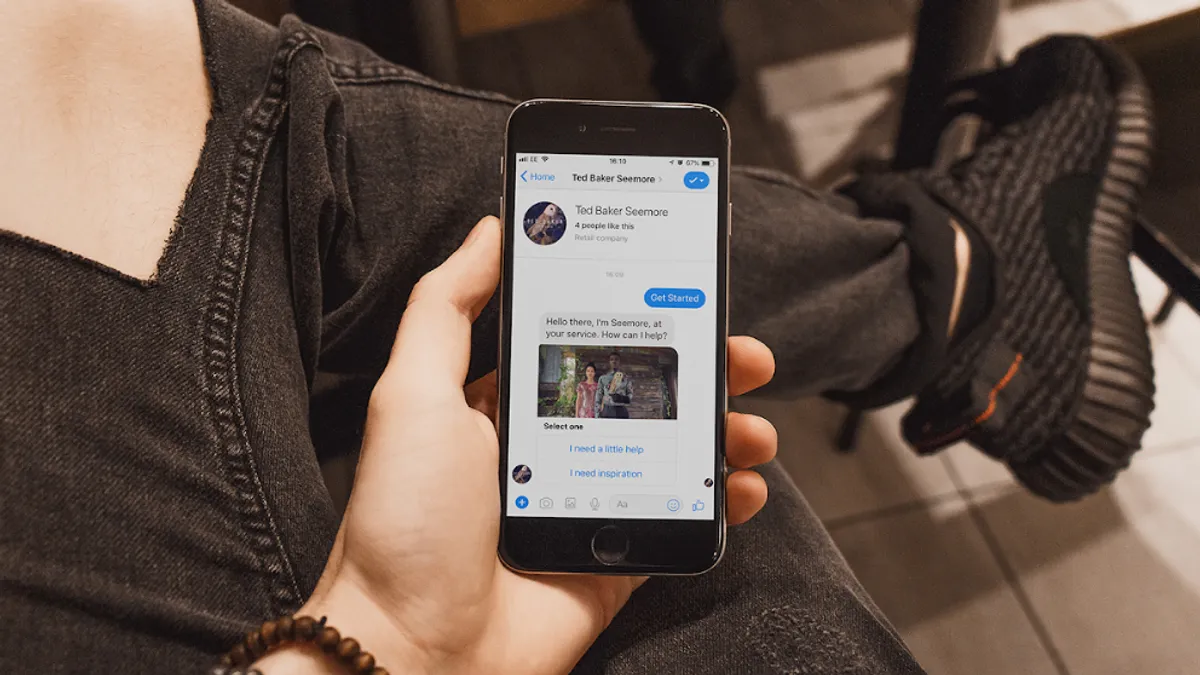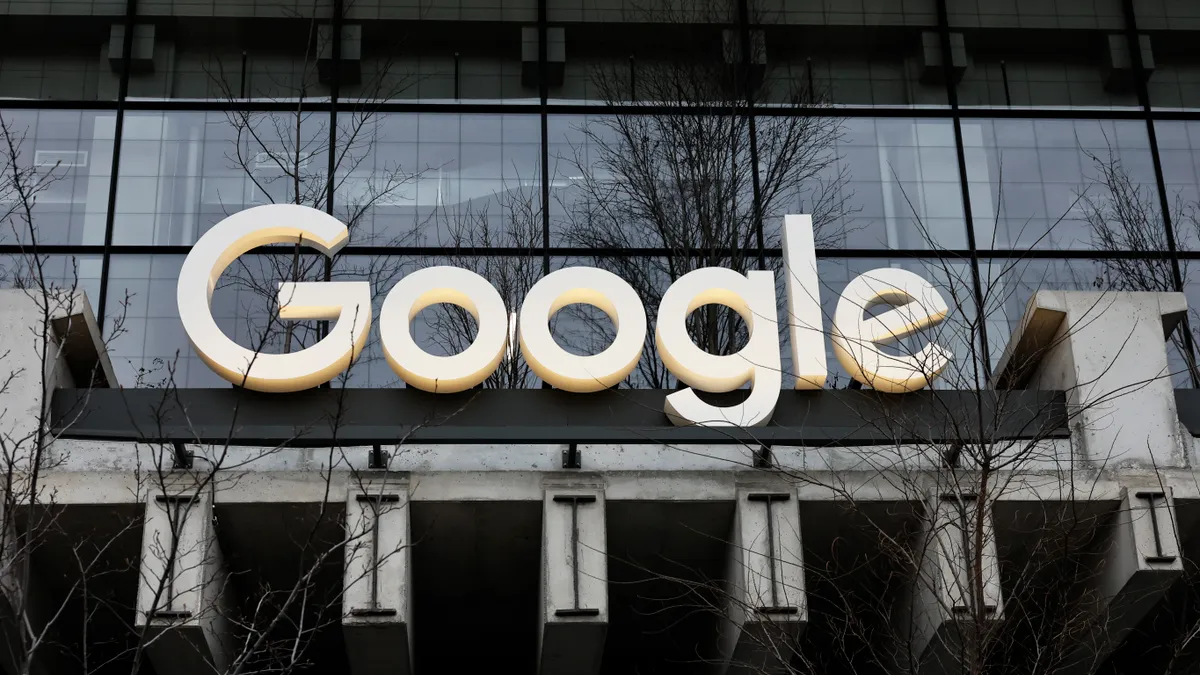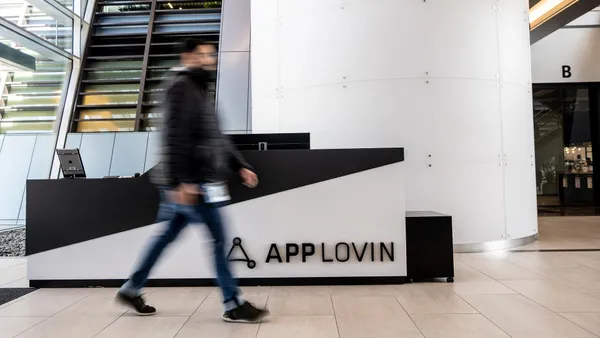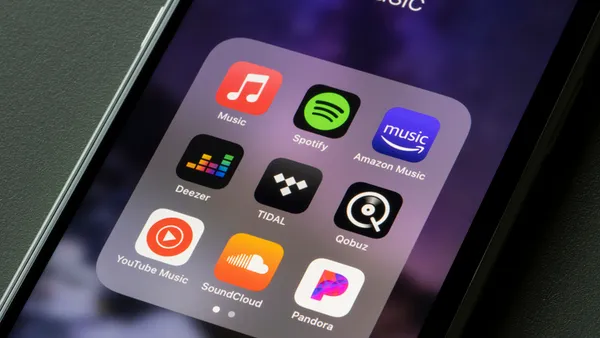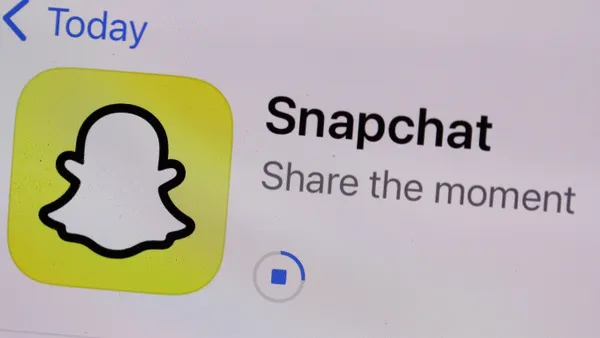Brief:
- Facebook Audience Network, the social media giant's platform for advertising on other mobile apps, is working with analytics firm AppsFlyer to provide ad tracking for game developers. The in-app advertising (IAA) measurement provides campaign-level metrics for return on advertising spend (ROAS), per an announcement shared with Mobile Marketer.
- Facebook and AppsFlyer claim that their combined efforts can help game developers identify how their ad campaigns drive app downloads and in-app revenue from new users. That information can help to hone user acquisition strategies while improving the accuracy of ROAS and lifetime value (LTV) indicators, the announcement said.
- The goal is to provide a more complete picture of the return on investment (ROI) for in-app ad campaigns. Instead of calculating revenue from a user acquisition campaign based on averages, game developers can use Facebook's application programming interface (API) to track more specific audience groups, per the announcement.
Insight:
Facebook Audience Network and AppsFlyer aim to help game developers improve their in-app ad campaigns by tracking how those efforts find the most loyal customers.
App developers will spend an estimated $76.2 billion on app-install advertising this year, according to Statista, and a major portion of that spending will likely come from the booming mobile game segment. Mobile games are consistently among the most downloaded apps in the world, but the marketplace is crowded with thousands of developers and hundreds of thousands of games. That intense competition means that game developers need to tailor their marketing strategies to reach mobile users who are the most likely to remain long-term customers.
Reducing churn is imperative for game developers to improve the ROI from their ad campaigns and capture a greater share of the mobile gaming market. Mobile game revenue is forecast to rise 13% to $77.2 billion worldwide this year, per Newzoo data cited by VentureBeat. However, only 38% of the world's 2.6 billion mobile gamers are willing to pay for games, making that audience segment more important for developers. The limited audience of paying customers means that developers must seek other sources of revenue, such as in-game ads.
Mobile gaming, which was already a strong segment, has surged during the coronavirus pandemic among homebound consumers, but app developers need to prepare for a sudden drop in activity as lockdowns are lifted and people spend fewer hours glued to their smartphones. Because fewer people pay for mobile games than for PC and console games, they're less financially committed to those apps and may abandon them more quickly, Newzoo warned.
Many game developers focus their marketing efforts on app stores where they can reach users when they're shopping for the latest games. However, developers also can reach audiences through in-app advertising offered by Facebook Audience Network, which the company launched in 2014.
Facebook has in-depth data about billions of consumers worldwide, and last month said it improved the brand safety features on Facebook Audience Network to let mobile marketers select which apps carry their ads. The company in April also shut down Audience Network on mobile websites, citing a shift in advertiser demand to other mobile app ad formats.


